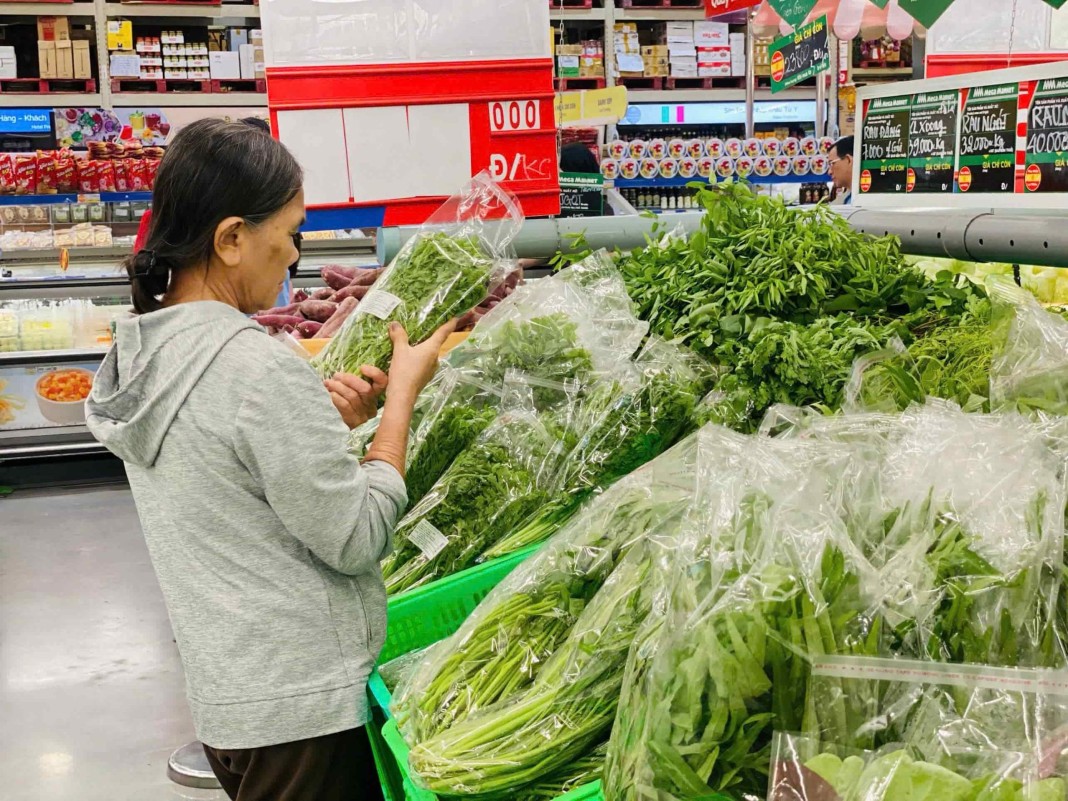HCMC – Prolonged rainfall in recent weeks has damaged major farming areas, reducing vegetable supplies to HCMC and pushing prices sharply higher. The city’s Department of Industry and Trade has warned of potential localized shortages in the coming time.
At traditional wet markets, prices of essential fresh produce—especially vegetables—have doubled or even tripled, according to market observations.
Speaking at a press briefing on November 20, Ngo Hong Y, head of commercial management at the HCMC Department of Industry and Trade, said demand for vegetables typically increases toward the year-end period and the Lunar New Year. HCMC continues to rely heavily on three key supply regions: Lam Dong Province, the Mekong Delta, and the southeastern provinces.
Lam Dong is the largest supplier of temperate vegetables and safe produce, accounting for 60–70% of the city’s total supply. The Mekong Delta provides short-term crops, tropical vegetables, gourds, cucumbers and daily fruits, making up 20–30% of total supply. The remaining 10–20% comes from the southeastern region, the Central Highlands, and small volumes of imports.
On average, the city’s three wholesale markets receive 6,500–7,500 tons of goods per day, of which 3,500–3,900 tons are vegetables. On November 19, vegetable arrivals totaled 3,700 out of 6,500 tons of produce, down about 7% from normal levels.
“Overall supply remains stable, but deliveries from Lam Dong and some Mekong Delta provinces have dropped due to unfavorable weather,” Y said.
Heavy rain, landslides and flooding in key farming areas have caused widespread crop losses. Retail prices of leafy greens, lettuce, mustard greens, tomatoes and cucumbers at traditional markets have risen 10–30%. In Lam Dong, landslides and road disruptions have hindered transport to HCMC, while hundreds of hectares of vegetables—particularly leafy varieties—have been damaged, reducing output by roughly 20%.
The Mekong Delta has also experienced flooding, high tides and unseasonal rain, impacting short-term vegetable crops, gourds, herbs and some fruit varieties.
Given these conditions, the department anticipates the possibility of localized supply shortages in the coming weeks.
To stabilize supply and prices, the department is working with major distributors to diversify sourcing, increase volumes from less-affected provinces such as Tay Ninh and Dong Nai, and offset weather-related shortfalls. It also encourages the import of long-lasting vegetables from reputable suppliers to ensure adequate availability for consumers.









